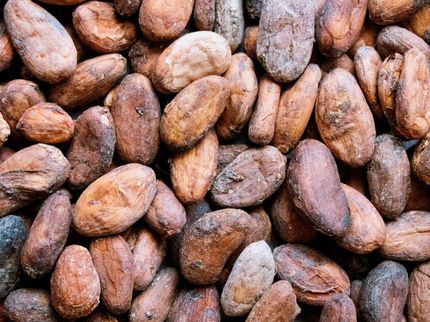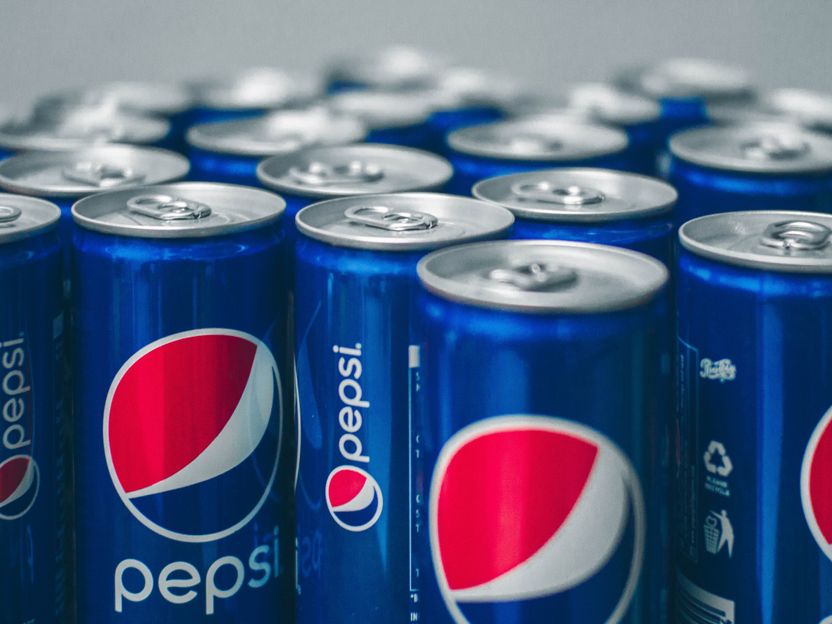Recent advances in chocolate research
Chocolate has been appreciated as a delicacy for thousands of years, and it’s easy to see why. The luscious and luxurious treat can give you a little pick-me-up toward the end of a hard day, or provide a sweet ending to a fine meal. You might think we know everything about chocolate by now, but surprisingly, researchers are still reporting new findings about the confection. Below are some recent papers published in ACS’ Journal of Agricultural and food chemistry that report insights into chocolate, such as what compounds make it taste a certain way, how it could help strengthen teeth and how to tell if a chocolate bar is authentic. Reporters can request free access to these papers by emailing newsroom@acs.org.

unsplash
“Decoding the Fine Flavor Properties of Dark Chocolates”
Journal of Agricultural and Food Chemistry
Oct. 18, 2022
A good, rich dark chocolate can be described as cocoa-like, acidic, fruity or even floral, but what compounds are responsible for these sensations? The researchers leading this study answered this question and showed, for the first time, that they could decode the flavor attributes at the molecular level. Using aroma extract dilution analysis, they identified and quantified several compounds associated with the fine flavor properties in a set of reference chocolates that are used to train sensory panelists.
“B-type Proanthocyanidins with Dentin Biomodification Activity from Cocoa (Theobroma cacao)”
Journal of Agricultural and Food Chemistry
Sept. 22, 2022
Cocoa could help save your teeth! In past research, this team identified plant-derived proanthocyanidins (PACs) as promising treatments for dental issues because these compounds can strengthen dentin, the layer of the tooth under the enamel. The authors also previously found that PACs from cocoa beans, which are used to make chocolate, had positive effects on teeth. Here, they isolated and characterized the structures of six cocoa PACs, including a new tetramer, and found that the dentin-strengthening properties depended on the compounds’ structures and the way they were linked.
“In Vitro CRISPR-Cpf1 Assay for Differentiation of Fine and Bulk Cocoa (Theobroma cacao L.)”
Journal of Agricultural and Food Chemistry
July 5, 2022
When splurging on an expensive chocolate treat, you want to know that it’s made from high-quality ingredients. Here, researchers used a CRISPR-Cpf1 assay to distinguish pricey Arriba Nacional beans from those of a less-prized cultivar. The more well-known CRISPR technology — CRISPR-Cas9 — couldn’t tell the cultivars apart. So, these researchers showed that an alternative method, called CRISPR-Cpf1, could do the job, and they demonstrated it with various cocoa bean mixtures. The researchers say that the assay should be easy for many labs to implement for quality assurance testing and fraud detection.
The American Chemical Society (ACS) is a nonprofit organization chartered by the U.S. Congress. ACS’ mission is to advance the broader chemistry enterprise and its practitioners for the benefit of Earth and all its people. The Society is a global leader in promoting excellence in science education and providing access to chemistry-related information and research through its multiple research solutions, peer-reviewed journals, scientific conferences, eBooks and weekly news periodical Chemical & Engineering News. ACS journals are among the most cited, most trusted and most read within the scientific literature; however, ACS itself does not conduct chemical research. As a leader in scientific information solutions, its CAS division partners with global innovators to accelerate breakthroughs by curating, connecting and analyzing the world’s scientific knowledge. ACS’ main offices are in Washington, D.C., and Columbus, Ohio.
Most read news
Organizations
Other news from the department science

Get the food & beverage industry in your inbox
By submitting this form you agree that LUMITOS AG will send you the newsletter(s) selected above by email. Your data will not be passed on to third parties. Your data will be stored and processed in accordance with our data protection regulations. LUMITOS may contact you by email for the purpose of advertising or market and opinion surveys. You can revoke your consent at any time without giving reasons to LUMITOS AG, Ernst-Augustin-Str. 2, 12489 Berlin, Germany or by e-mail at revoke@lumitos.com with effect for the future. In addition, each email contains a link to unsubscribe from the corresponding newsletter.




























































